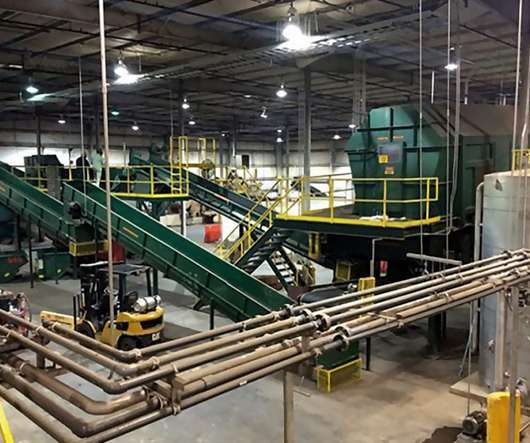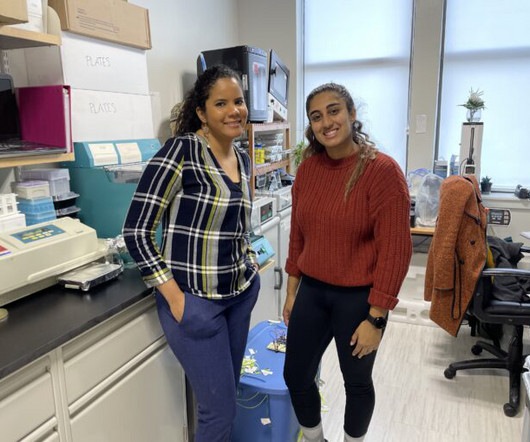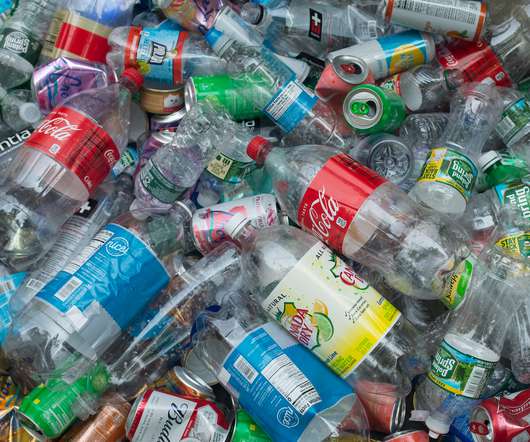Project secures EU funding to create sugars, chemicals and plastics from household waste
Envirotec Magazine
FEBRUARY 27, 2020
Reduce environmental plastic pollution levels. By recovering and adding value to waste derived from lignocellulosic feedstock, the project aims to: Reduce the levels of waste being sent to landfill. Reduce the amount of suitable food-producing land diverted to first-generation sugar production.















Let's personalize your content